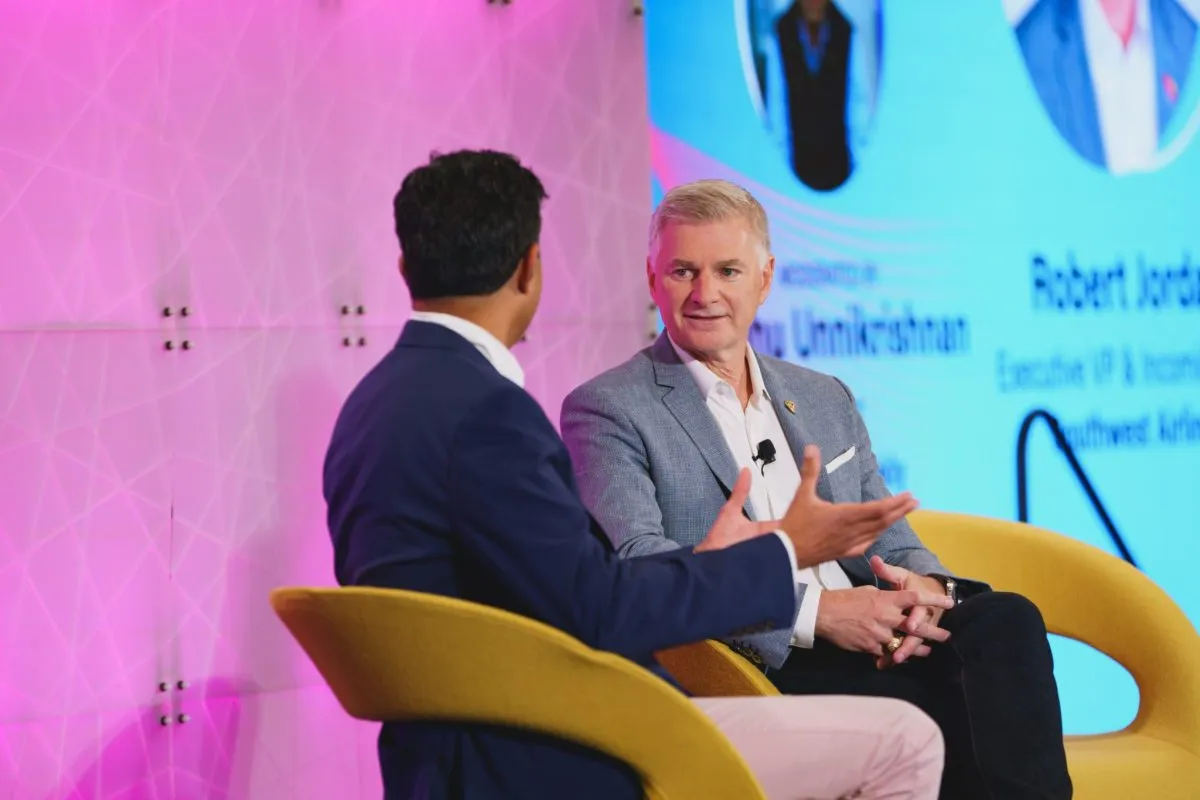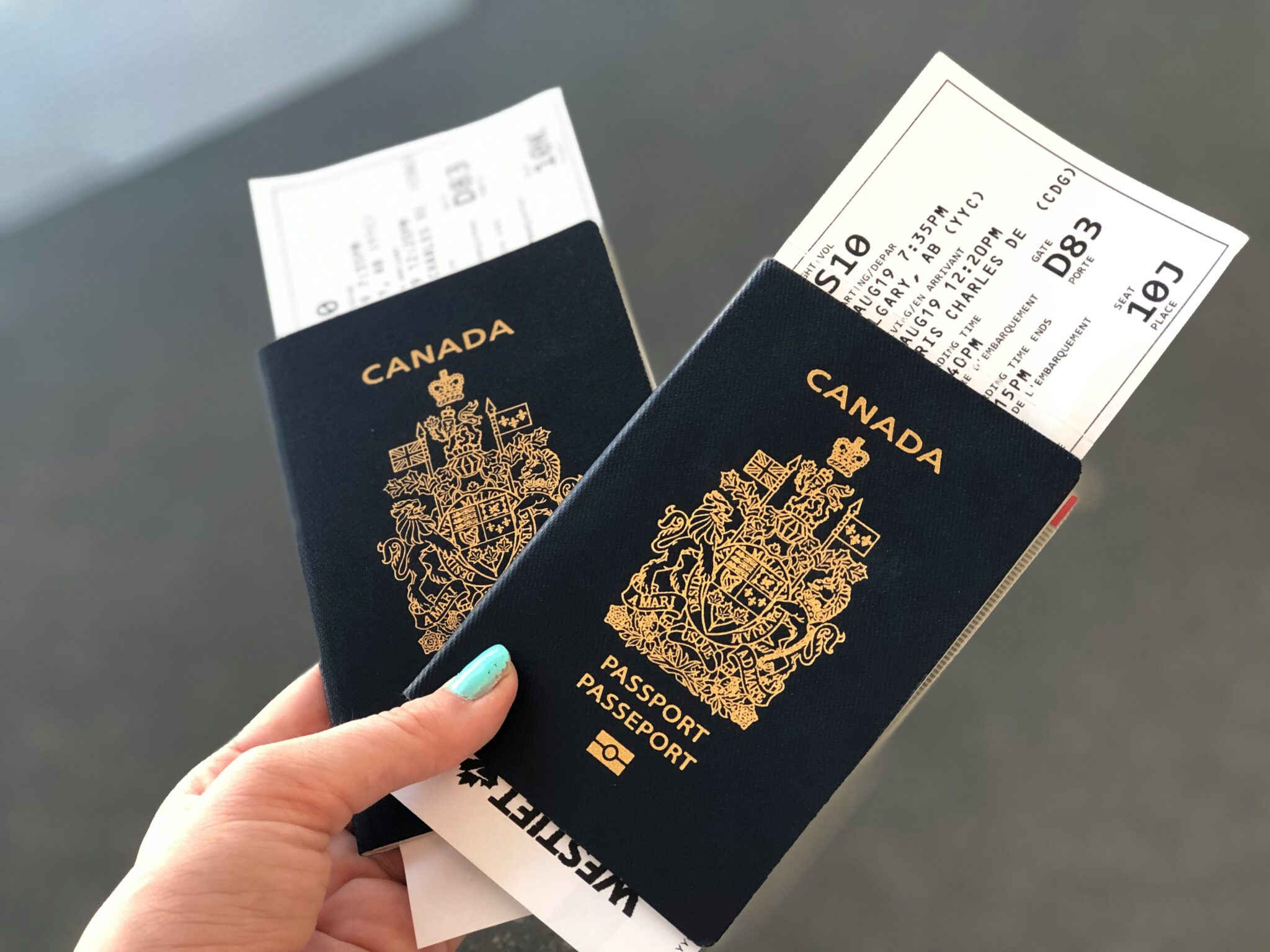Global Tours Centered Around Marathons Get Lift From Pandemic-Inspired Healthy Travel

Skift Take
Many — if not most large-scale — marathons were cancelled in 2020 due to the pandemic. Indeed, after organizers of the Tokyo Marathon cancelled the 2020 edition of their event for the general public, Boston, London, Berlin, Chicago and New York were among the many cities to follow suit. Those widespread cancellations were another Covid-related financial blow as large numbers of visiting runners and spectators inject millions annually into the economies of many popular race destinations.
But marathons in several large cities are roaring back this fall, and tour operators specializing in marathon-focused trips have been preparing to take runners all over the world — but having to do so in an environment where they navigate a maze of concerns brought about by Covid variants.
Those companies actually might be in a great position to profit from a pandemic-era running boom. According to a survey of 3,961 current runners, a little less than 29 percent said they started the activity during the pandemic while 72 percent of new pandemic-era runners stated health as a primary reason why they took it up.
While several companies focused on marathon-centered tours haven't been able to relaunch trips yet, one that has is Marathon Tours & Travel. When asked how sales for his company have been since resuming trips, Jeff Adams had good news to report. "Some are over 30 percent above pre-Covid figures while the majority are slightly above average," said the president of Massachusetts-based tour operator, which took runners to the Iceland Volcano Marathon on July 24
That's obviously a welcome contrast to being prevented from making sales for about 18 months due to event cancellations and border closures, which was the case according to Adams's colleague, company founder and CEO Thom Gilligan. But challenges abound in resuming tours in a still pandemic-stricken environment.
One of them being pricing. "We worked very hard with in-country partners to protect pricing relative to 2020 levels," Adams said. "So if you were originally scheduled for 2020, we worked very hard to have that deferred trip or that 2021 rescheduled trip be at the same price."
"I see that as travel is beginning to resume and some of the global inflation numbers that are out there that we see in the press. That's gonna be an even tougher challenge for us going into 2022 is can we protect the pricing relative to 2020 levels. That's becoming a little more difficult."
Another thing that may not be difficult per se but certainly necessary for executives at tour operators is getting the most up-to-date information from governments, stated David Tay, the managing director and partner of Singaporean company Athletes' Journey.
That's certainly a step Adams has taken. "For the races that are currently still active, we did an in depth review at the embassy level — for example, the U.S. embassy in Chile, the U.S. embassy in (the United Kingdom)," he said. "We did a full review of exactly what are the travel protocols today or what are the travel protocols that they're announcing will go into effect and we sent a very detailed update (two weeks ago) just to make sure they have the facts."
Adams and his colleagues have also been doing more than seeking information from embassies. "Obviously, we're talking to the race directors on a regular basis," he said. "'What is the local municipality saying in regards to mass participation events?' 'Where are you in terms of sales this year?' 'Are you going to be above or below the threshold that your country currently has in place?'"
"A good example would be the Lochness Marathon in Scotland. We had a detailed Zoom call about (a month ago) with the race directors and walked through exactly what they were hearing from their government that they were working closely with."
While executives at Marathon Tours & Travel are proceeding cautiously but confidently about being able to take runners to the event in Inverness, an executive at another tour operator is unsure about when his company will have the opportunity to resume tours — largely because of uncertainty brought about by Covid variants.
"If you asked six weeks ago, I would've said the Berlin Marathon would be our first at the end of September and then, we will do Chicago, New York, London and Valencia this fall," said Patrik Yderberg, the co-owner and CEO of Sweden-based tour operator Springtime Travel.
"We had a board meeting in late June, and we were quite optimistic actually because more and more people were getting vaccinated. We were pretty sure that when we come to July or August, people are going to book again. But now, Delta is kinda making everything harder. We're not so sure the races are gonna take place anymore."
Yderberg has valid reasons to express concern about whether races will go forward. He cited examples of two events in Germany scheduled for later this year — the Mainova Frankfurt Marathon and the Generali Köln Marathon — that have been cancelled due to fears of Covid variants. That doesn't include the Reykjavik Marathon, which has been postponed until September 18.
However, his primary concern is not the participants. "I think that most races have more concerns regarding the crowds than the actual runners because they can't ask people on the street to show proof of being vaccinated," he said.
"They can control the runners. In some way, they can control the spectators a little bit, too. But it's 42 kilometers. It's very hard to control 42 kilometers. And we live in a pretty free world. You can't stop people going out in the street. So I think one of the main concerns would be the spectators."
Like Yderberg, Marathon Tours & Travel's Gilligan doesn't share any concerns about runners, especially as at his company, 90 percent of clients have exercised their option to defer their place at a cancelled marathon to the following year. That's a strong sign they are itching to toe the starting line overseas again.
"Runners are not people dissuaded very easily," he said. "They're very persistent in chasing their goals. So as a result, we have a very loyal clientele of people who say, 'Okay. Book me for next year because I still want to run the event."
And run they will.





